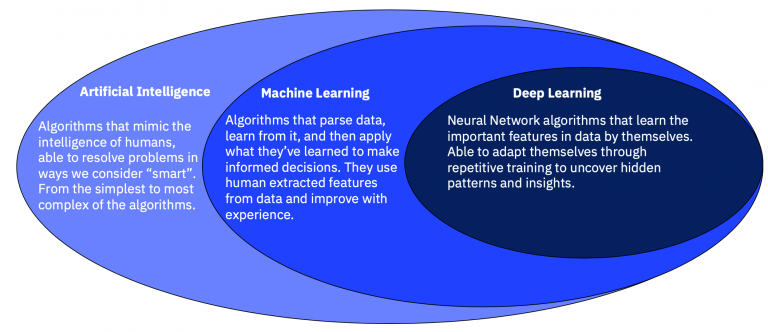The Uniqueness of Humanity in the Age of AI: A Deep Dive
Written on
The Nature of Human Creativity
The year 2022 marked a pivotal moment in technological advancement, challenging long-standing questions: Can AI replicate human creativity? Do artists face a new competitor in AI-generated works? Notable AI systems that have fueled this debate include:
- OpenAI's ChatGPT, designed for human-like conversations across various topics.
- DeepMind's AlphaCode, which can occasionally code more effectively than humans.
- OpenAI's DALL-E 2, which generates realistic images from natural language descriptions.
- Midjourney, another AI that creates art based on descriptive input.
This exploration seeks to understand whether AI can genuinely replicate human creativity or if it can possess a 'human' essence at its core. Rather than providing definitive answers, the aim is to spark deeper reflection.
The first video, The Essence of Being Human, discusses how our unique experiences shape our creativity and emotional depth.
How Does AI Learn?
Before diving into the mechanics of AI, it's crucial to differentiate between AI, Machine Learning (ML), and Deep Learning. At its core, AI strives to emulate and exceed human intelligence—our capacity to adapt to both familiar and novel situations. Within this framework:
- Machine Learning is a subset of AI,
- Neural Networks are a component of ML,
- Deep Learning falls under Neural Networks.
To illustrate, think of these concepts as layers of a matryoshka doll. Additionally, it's essential to understand the three primary methods of ML: supervised, unsupervised, and reinforcement learning.
In supervised learning, algorithms are trained with labeled datasets, like identifying cats in images. Unsupervised learning identifies patterns in unlabeled data, while reinforcement learning optimizes interactions within an environment by rewarding progress toward goals.
Examining ChatGPT helps clarify how AI learns. ChatGPT, a Generative Pre-trained Transformer (GPT), generates human-like text. The model is pre-trained and lacks long-term memory, learning through patterns in input data. According to Wikipedia, GPTs generate text based on prior content.
In essence, GPT is a predictive model rather than one that embodies genuine insight or intelligence. Built on the GPT-3.5 architecture, ChatGPT is fine-tuned with supervised and reinforcement learning techniques, processing a staggering 175 billion parameters from extensive text data.

AlphaCode and DALL-E function similarly, employing transformer models to understand the relationship between descriptions and visual representations. While these systems approach human-like capabilities, they fall short of true intelligence, acting instead as precursors to future advancements in AI.
Does AI Truly 'Feel'?
Consider this thought experiment: Have you ever been struck by a friend's unique perspective during a movie? Their interpretation may differ significantly from yours, indicating diverse experiences of life.
Moreover, while art reflects life, it often fails to encompass the full spectrum of human emotions. The vast range of artistic expression captures feelings, yet it cannot wholly convey our complex interactions with the world. AI, trained on limited datasets, will always lack the nuanced understanding of human experience.
Despite the potential for AI to analyze more extensive datasets and emulate human-like responses, it remains tethered to the limitations of its programming. True creativity involves a depth of feeling and consciousness that AI cannot replicate.
The Essence of Being Human
Understanding the distinction between intelligence and consciousness is vital. Intelligence encompasses our learning processes, while consciousness relates to our awareness of existence.
Being human extends beyond creativity and feelings; it encompasses a continual quest for understanding and exploration. Many struggle to grasp consciousness, and achieving a state of mindfulness can be challenging. To create an AI that mirrors human essence, we must first delve deeper into our own consciousness.
As we look in the mirror, we may see a stranger, highlighting the complexity of self-identity. How can we create AI that reflects our image when our understanding of ourselves remains incomplete?
Humanity is inherently imperfect. While technologies like CRISPR and AI offer remarkable advancements, they also pose ethical dilemmas and potential risks. The pursuit of perfection through these technologies may lead us to confront our own flaws more profoundly.
Ultimately, the evolution of AI invites us to reconsider our humanity. It may take the emergence of advanced AI systems for us to fully appreciate our unique qualities and experiences.
The second video, Ubuntu: The Essence of Being Human, explores the interconnectedness of human experiences and the importance of community in understanding our existence.
In closing, the journey to understand what it means to be human continues, as we grapple with the complexities of life, technology, and our evolving identities.